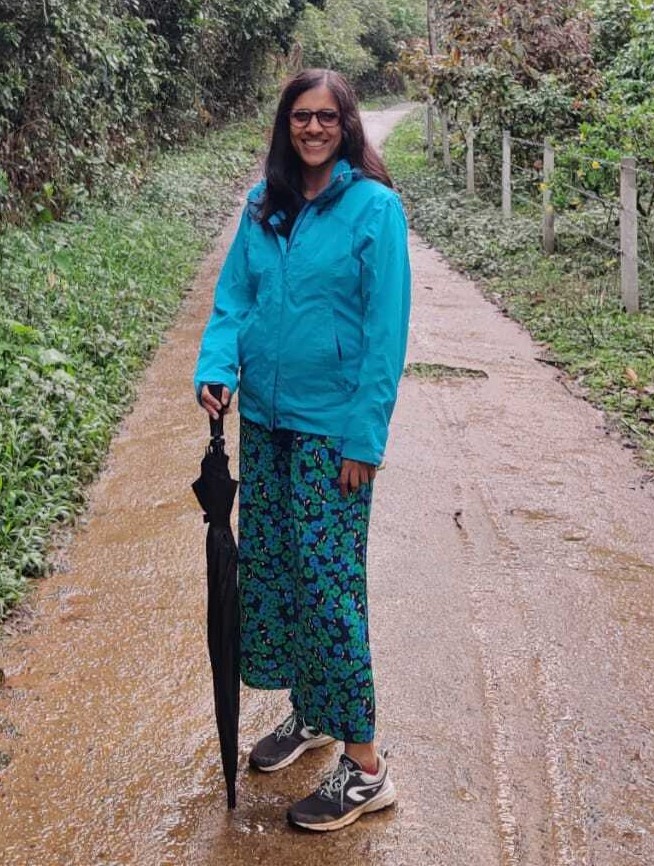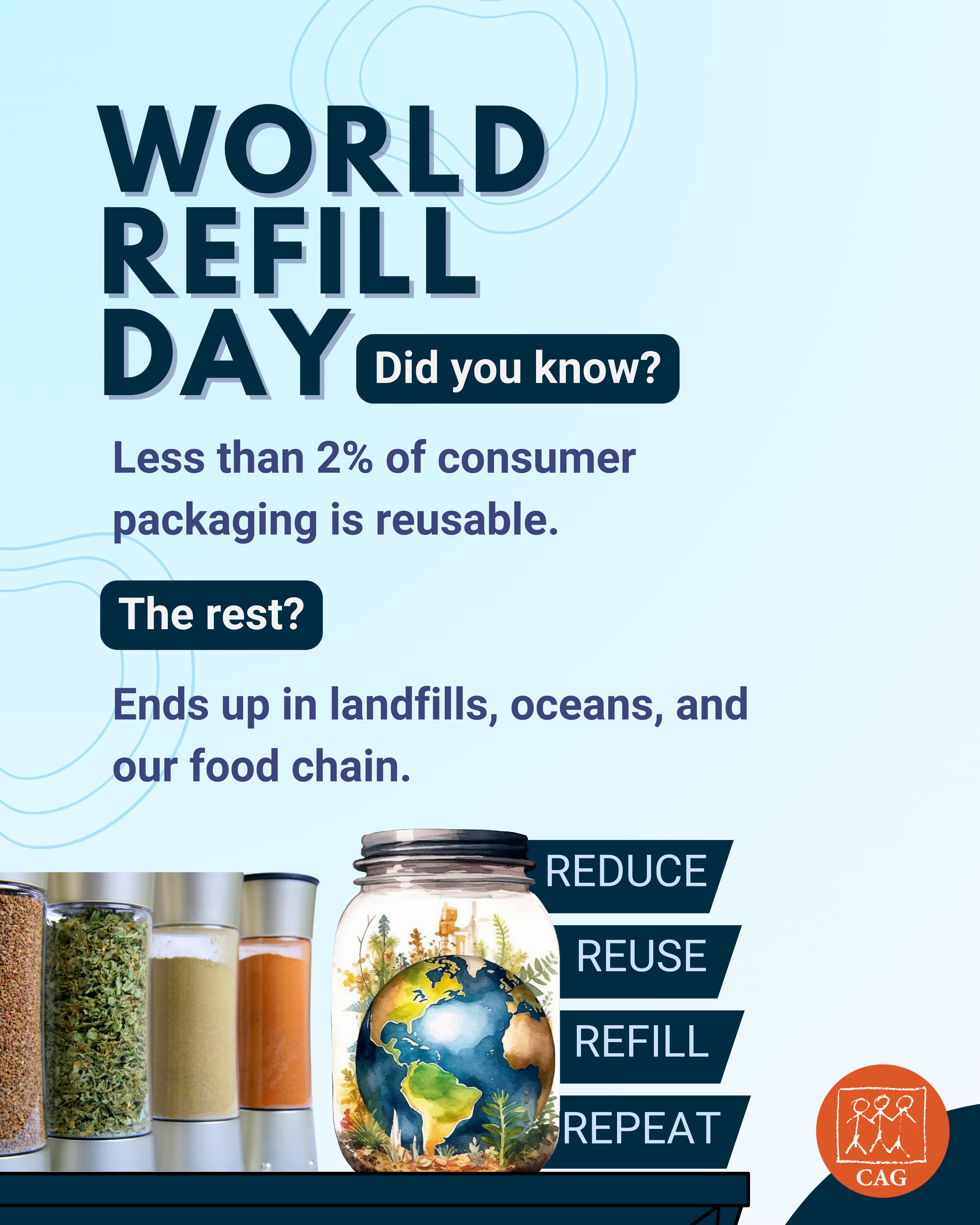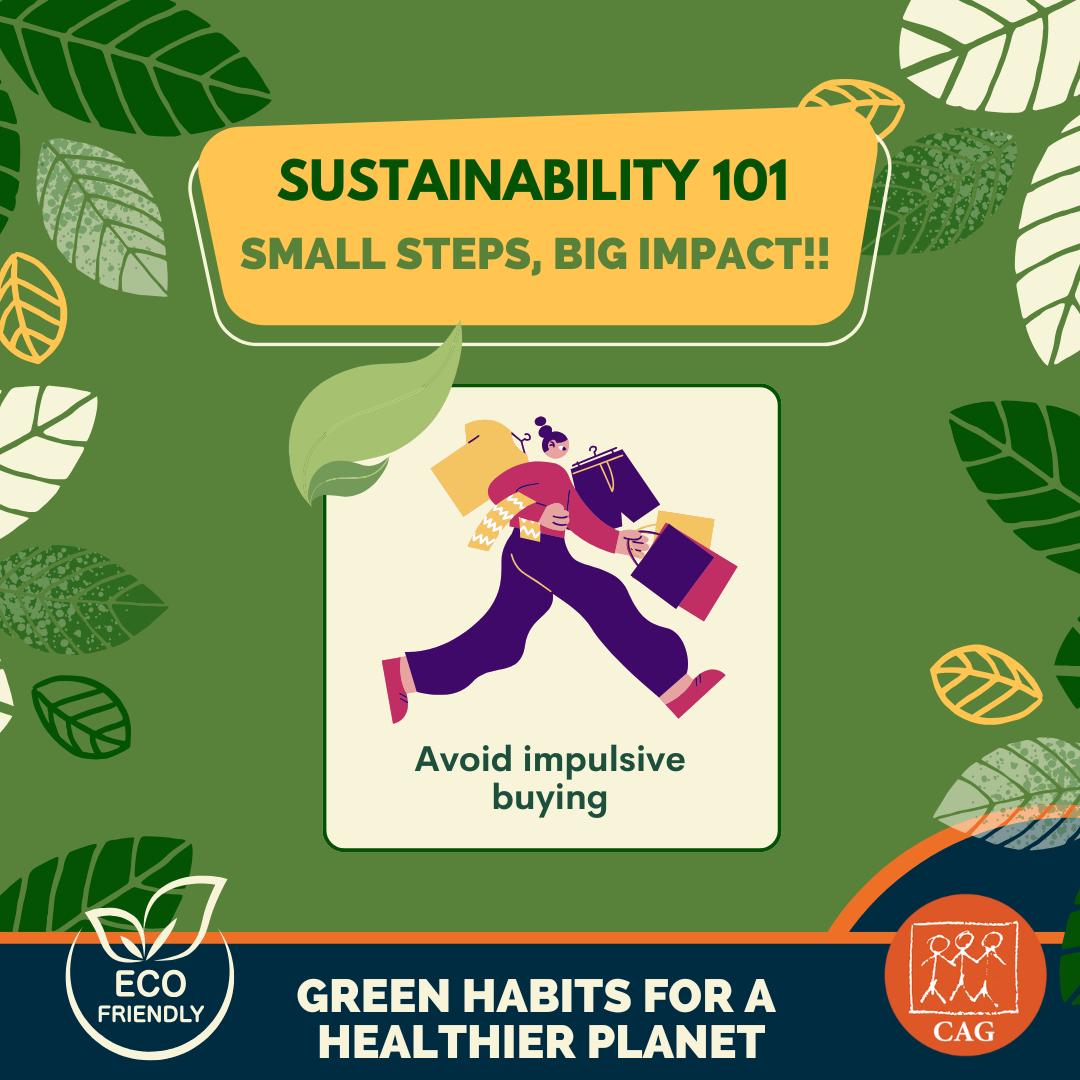
Nina Subramani’s work as a filmmaker and educator focuses on the intersection of environmental justice and human rights. With experience in both television production and independent filmmaking, she has created compelling documentaries that shed light on urgent issues. Her first film as a director Kalpavriksha, Legacy of the Forests explores the value of medicinal plants, and received a National Award. Other notable works include Miles to Go, chronicling a 60-day journey across eight Indian states documenting environmental struggles, and In God’s Own Country, which highlights the devastating effects of endosulfan on a local community.
In 2020, she co-founded Warrior Moms, a nationwide network of over 2,000 women fighting air pollution and advocating for clean energy. As the communications lead, Nina has harnessed her storytelling and filmmaking skills to lead impactful campaigns like “Clean Cooking,” amplifying the voices of women across India. She was also on the communications team of Our Kids Climate. Her work has always aligned with her passion and commitment towards a healthier environment.
Nina’s education includes an undergraduate degree in Zoology ( MCC, Chennai) and a Masters in Mass Communication from MCRC, Jamia. She lives in Chennai with her 2- and 4-legged family and is an avid reader who also loves music, long walks, Nature and art.
Position/Summary
Senior Researcher - Sustainable Mobility and Road Safety


